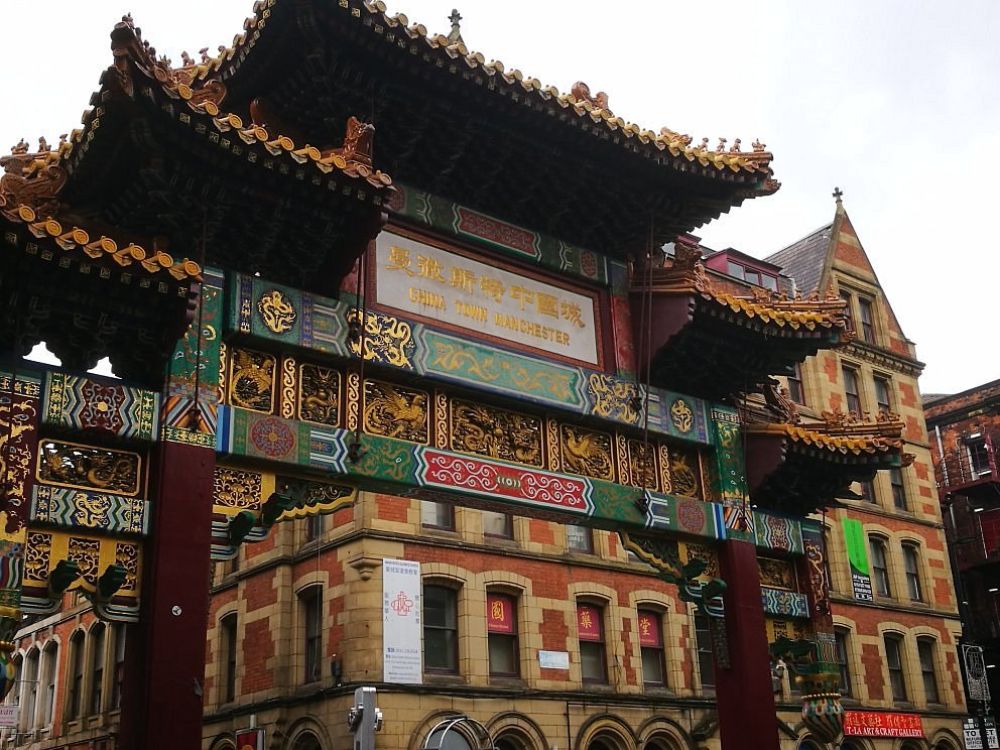

The area known as Chinatown in Manchester is an emblematic part of the city's cultural tapestry. It is renowned for its vivid archways, its plethora of authentic Chinese restaurants, supermarkets, and boutiques. This bustling neighborhood draws tourists from across the globe, eager to experience its unique atmosphere and flavors.
The origins of Manchester's Chinatown can be traced back to the early 20th century, when the first wave of Chinese immigrants settled in the city, establishing themselves primarily in businesses catering to the needs of the seafaring community. These pioneers laid the foundations for what would become one of the largest Chinatowns in the UK.
During the 1940s and 1950s, the area began to grow as more Chinese businesses opened up, including laundries, restaurants, and supermarkets. However, it wasn't until the 1970s that the Chinatown we know today truly started to take shape, with the construction of the iconic Imperial Arch on Faulkner Street—which remains one of the most photographed landmarks in Manchester and a symbol of the district.
By the 1980s, Chinatown had become an established hub of Chinese culture, not just for those of Chinese heritage, but also for locals and international tourists who were captivated by its exotic appeal, cuisine, and cultural offerings.
Over the years, Chinatown has expanded its appeal and now features a diverse array of businesses, including those from other Asian communities, such as Japanese, Thai, and Vietnamese, which have contributed to the area’s multicultural allure.
Street Food Markets
One of the latest tourism trends in Chinatown is the rising popularity of street food markets. These markets offer visitors an eclectic range of delectable bites, from traditional Chinese dim sum to contemporary fusion dishes. This trend caters to the growing interest in food tourism and experiential dining among visitors.
Cultural Festivals
The Chinese New Year celebrations in Chinatown attract thousands of visitors each year. This important event showcases traditional lion dances, martial arts demonstrations, and cultural exhibitions, solidifying Chinatown's role as a pivotal point of cultural exchange and tourism within Manchester.
Guided Tours
Guided tours are becoming an increasingly desirable option for those looking to learn more about the history and culture of Chinatown. Knowledgeable guides offer insights into the area's development, its community, and recommend must-try delicacies and shopping destinations. This educational aspect of tourism is growing, with visitors seeking a more in-depth understanding of the places they visit.
Social Media Influence
Finally, the role of social media in promoting tourism cannot be overlooked. Instagrammable spots in Chinatown, such as the Imperial Arch and the vibrant wall murals, continue to draw a younger demographic looking for unique experiences and photo opportunities to share online.
In conclusion, Manchester's Chinatown has evolved from a small, community-centric locale into a dynamic and appealing destination for tourists worldwide. With its rich history, cultural diversity, and adaptation to modern trends, Chinatown remains a must-visit location within Manchester’s vivid cityscape.